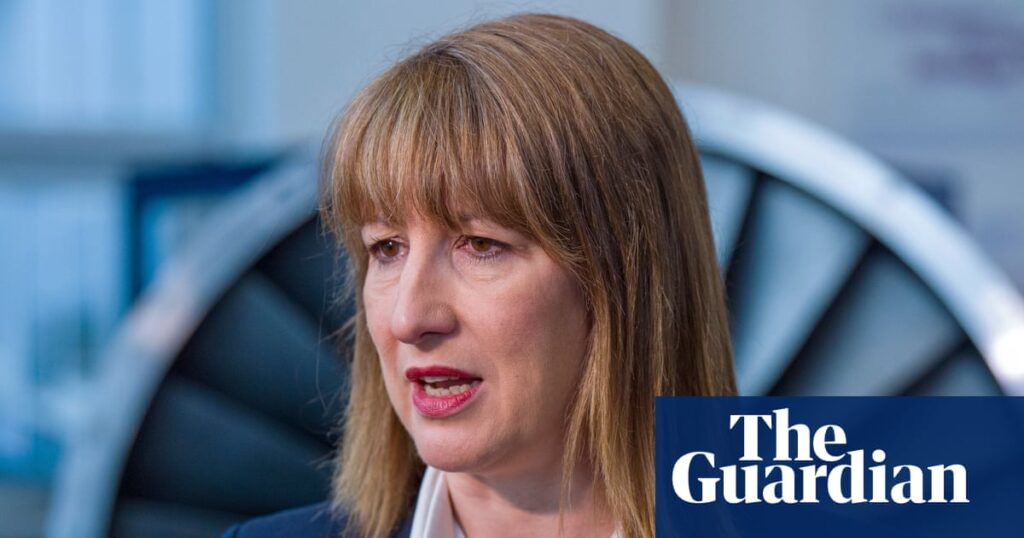The International Monetary Fund has urged Rachel Reeves to consider ending the pensions triple lock and charging for NHS treatment as it said the UK government risks being knocked off course in meeting its targets to repair the public finances.
In a final version of an annual report on Britain’seconomy, the Washington-based organisation said the chancellor should also give herself more leeway in the next budget before adopting fresh tax or spending measures.
The fund said budget rules put in place by Reeves last October to support the government’s deficit reduction plans had enhanced the credibility and effectiveness of fiscal policy.
“Risks to this strategy must be carefully managed,” the IMF said. “In an uncertain global environment and with limited fiscal headroom, fiscal rules could easily be breached if growth disappoints or interest rate shocks materialise.”
However, the fund also said the risk of over-frequent changes to tax and spending policy could be reduced by measures including the creation of more fiscal room for manoeuvre by Reeves to meet her targets.
“The first best [option] would be to maintain more headroom under the rules, so that small changes in the outlook do not compromise assessments of rule compliance,” it said.
The IMF said achieving Reeves’s plans to increase economic growth “involves significant challenges given limited fiscal space, the breadth of the reforms, and the volatile external environment” amid Donald Trump’s trade war.
In its May report, the IMF said Reeves should refine her fiscal rules to prevent the need for emergency spending cuts.
Since then the government’s welfare U-turn has put further pressure on the public finances, and Reeves prepares for a tough autumn budget amid mounting speculation over the need for large tax rises.
Further pressure on the public finances will come from an ageing population that will add to health and pension costs, the report said.
“Under current policies, IMF staff analysis implies that spending would rise by around 8% of GDP by 2050, compared with 5.5% of GDP, on average, in other advanced European economies.”
after newsletter promotion
To alleviate pension and health bills, the government should consider charging higher earners for health treatment and tie state pension increases to earnings, taking away the safety net of an inflation link or 2.5% minimum rise, it said.
“The triple lock could be replaced with a policy of indexing the state pension to the cost of living, access to public services could also depend more on an individual’s capacity to pay, with charges levied on higher-income users, such as co-payments for health services, while shielding the vulnerable. There may also be scope to expand means testing of benefits.”
In response to Friday’s report, Reeves said that fund had backed her choices for the UK economy to recover and that her plans would “tackle the deep-rooted economic challenges that we inherited in the face of global headwinds”.
Reeves is under pressure to raise taxes later this year to remain on course to meet her budget targets, having already increased social security contributions paid by employers and along with revenue-raising measures in late 2024.


